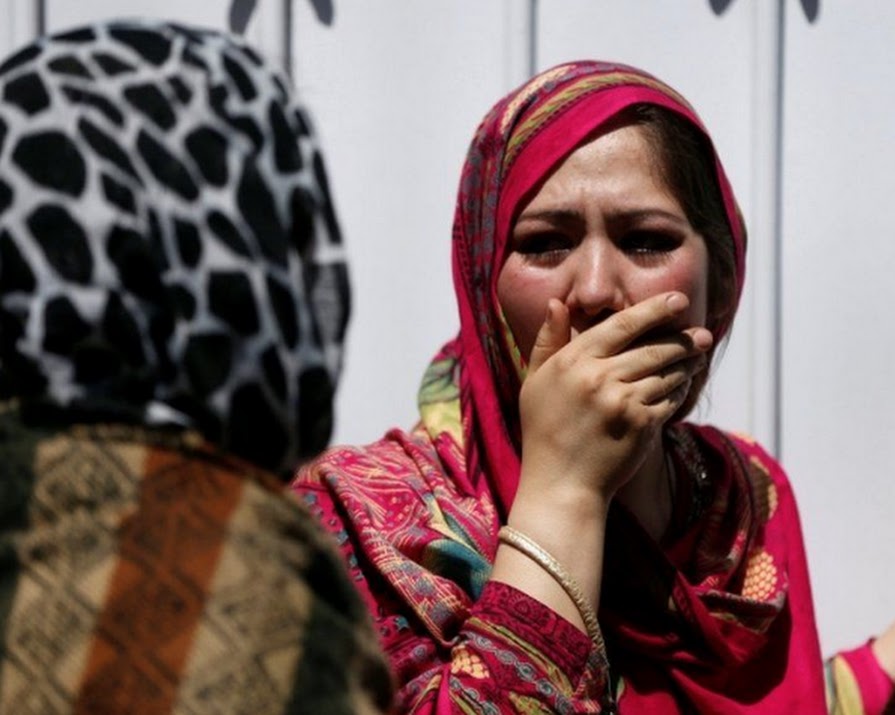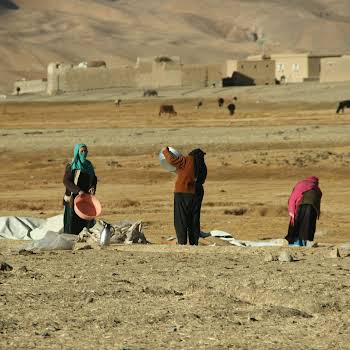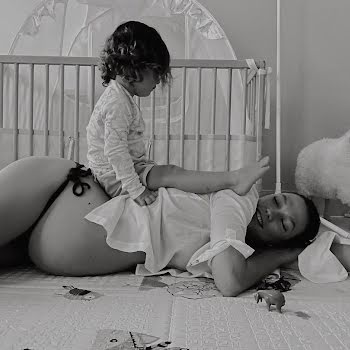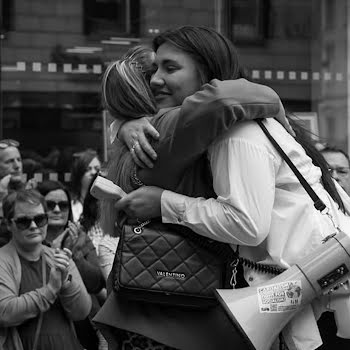
Is this heartbreaking chaos the endgame after a 20-year war on terror?
By Amanda Cassidy
27th Aug 2021
27th Aug 2021
The picture splashed across the papers today is hard to look at. For many reasons.
It’s the pain and confusion etched into the women’s faces as they try to process the unprocessable. It’s not knowing what comes next.
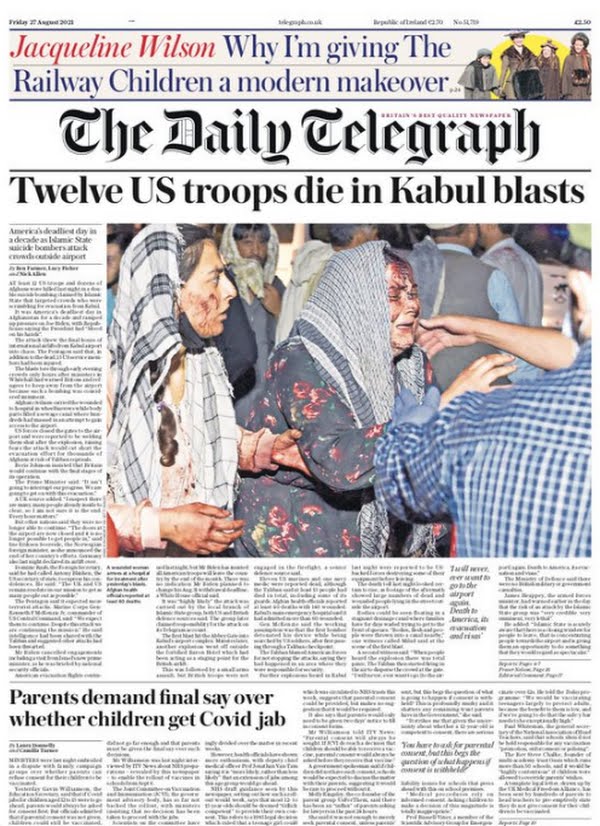
The devastating photograph taken by Wakil Khosar for Agence France-Presse is the main picture on the front of most of the world's papers.
The attack outside Kabul airport yesterday has been described as “barbaric” and “hell on earth” but for days, speculation over a possible attack were circulating.
The problem – many people huddled outside the building had no other option but to stay and hope.
Staying and hoping has been a theme throughout the 20-year war on terror announced by George W Bush after the New York Twin Tower atrocities.
Tiny pockets of progress were made by the West’s intervention in Afghanistan. But ultimately, more US lives were lost.
Now the retreat has begun.
Media across the world editorialises it across splashy headlines about “The tragic price of surrender”. That the US president Joe Biden “justified retreat to spare American soldiers’ lives (even though not one had been lost in 18 months).
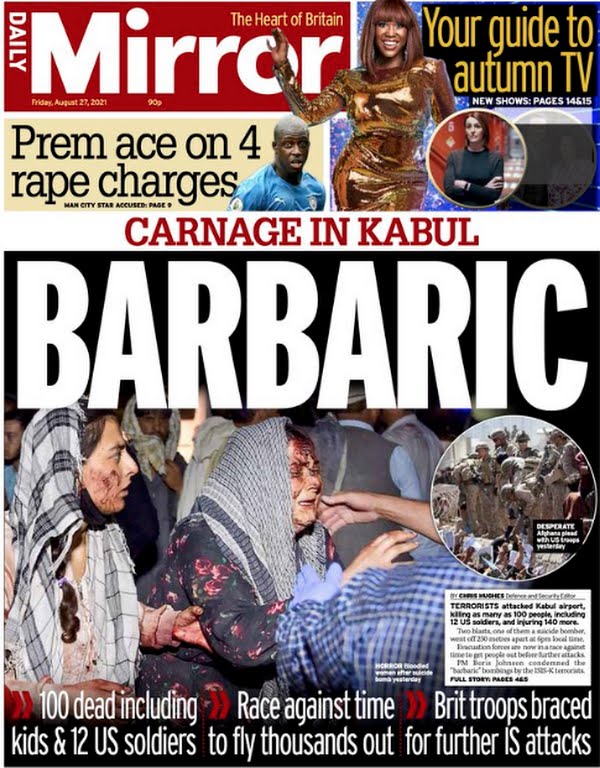
"Few could have predicted, in the heady days following 9/11, that they would stay as long as two decades"
In 2001 an international coalition led by the USA invaded Afghanistan to destroy terrorist organisation Al-Qaeda when the Taliban refused to hand over Osama bin Laden. British forces went in alongside US troops. At the height of the conflict, there were more than 130,000 NATO troops on the ground. By July 2021, nearly all NATO countries had fully withdrawn. But, after 20 years of conflict, the Taliban again claim to be in control of Afghanistan.
“Many were forced into hiding for fear that the extremism the Taliban spout would be a worse fate than being a prisoner inside their own homes.”
Fear abounds.
The scramble to evacuate as many as possible was equally messy. Stampedes resulted in the deaths of women and children, many were forced into hiding for fear that the extremism the Taliban spout would be a worse fate than being a prisoner inside their own homes.
The BBC security correspondent Frank Gardener has spent a lot of time reflecting on his time covering the conflict. His story describes the futility of it all.
“It was at that US Army firebase just 3 miles (6km) from the border with Pakistan, and we were squatting on ammunition boxes in a mudwalled fort beneath a sky filled with stars. A 19-year-old soldier from upstate New York told us how he’d lost several of his buddies during his time there. “If it’s my time, it’s my time,” he shrugged. Then someone got out a guitar and gave a word-perfect rendition of the Radiohead song, Creep. It ended with the words, “What the hell am I doing here? I don’t belong here.” And I remember thinking at the time: no, we probably don’t.”
That’s always been the crux of the issue. To intervene or not. In the end, the retaliation for the twin towers left allies little choice but to try to put manners of the country overrun by Taliban protecting Al Queada. Was it a PR job? Well, if so, it was an expensive one. The cost counted in body bags.
Assessing whom to blame is overshadowed as the pictures emerge this morning of a country in crisis. But there’s no doubt that this is, as the Atlantic describes it, a bungled mess. Leaving isn’t the problem. But the execution of this operation has been littered with bureaucratic screwups. Some horrifying; the State Department advertised job openings in Kabul just before the evacuation, and the U.S. military handed safe-passage lists of Afghan allies to the Taliban, to name just two examples.
85 people died yesterday. The so-called Islamic State said suicide bombers targeted “translators and collaborators with the American army”.
This is far from over.
US commanders are now on alert for more attacks by IS, including possibly rockets or vehicle-borne bombs targeting the airport.
The path ahead is far from clear.











